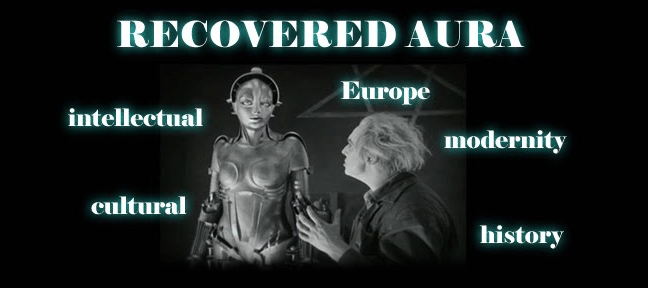Some reading questions for this week. Those of you who are curious about the philosophical concepts behind these works (and want it now!) can look here (not for the faint of heart). Neither text requires extra material to be understood; they might demand a bit of extra time, however...
1. What does it mean for Beauvoir to say that woman is “the Other”?
2. Why is it tempting “to forgo liberty and become a thing” (48)? Is that temptation unique to women? What, according to Beauvoir, is the problem with giving in to that temptation?
3. On pp. 50-51. Beauvoir offers a short history of “the woman question.” If she’s right about this, how do the steps she charts relate to one or two key developments we’ve discussed in the course so far?
4. On 55, we come to her theory of freedom: this is short but very important.
First, look up “transcendence” and “immanence.” [“En-soi” means “in itself.” for French existentialists, for a thing to be merely “in itself” (like a plant or animal) was contrasted to the way a human being could and should be “for itself” (pour soi), by having his or her own self-determined projects and goals in life.]
Now, why does the way men treat women as objects deny their freedom? On what basis can Beauvoir call this an “absolute evil”?
5. Writing in 1952, Fanon aims “to liberate the black man from himself.” Why (and from what, exactly) does the black man need liberation?
6. How does Fanon describe the experience of being looked at, as a black man, by others? What are the effects of this experience on him?
7. Fanon tells us about several different efforts he made—through cultural and philosophical projects—to respond to this experience. Explain one or two of these. Why was he “disillusioned” over and over again?
8. What, according to Fanon, are the similarities and differences between the status of the Jew, the woman, and the black man? How does his view on this issue compare to Beauvoir’s? Where in all this is the black woman?
9. Are Beauvoir and Fanon able to turn the philosophical tools of modernity toward a concrete social-political project in promotion of freedom? That is, are these texts calls to action or cries of despair? Or both?
10. "Beauvoir and Fanon are the intellectual heirs of Nietzsche, but managed to take his thought in directions he could not have imagined." Agree or disagree.
Some questions from Group 10:
1. What is the importance of Franz Fanon’s term “Rhythm?” How does it relate to rationality and irrationality? (Fanon, 102)
2. What is the power behind the term "We?" Why do women not refer to themselves as we? (Beauvoir, 46).
3. What does Fanon mean here: “[without] a black past, without a black future, it was impossible for me to live my blackness” (117)? How do rhythm and history fit in to this idea?
4. Why does Fanon refer to his work as “a clinical study”? How and why does he feel that this is necessary? (Hint: Freud) (xvi)
5. Discuss how both works act as a critique of language. How is language used to marginalize one group of people while empowering another group?
6. What does Fanon mean when he writes, “[from] one day to the next, the Blacks have had to deal with two systems of references”? (90)
7. What, in de Beauvoir's argument, makes women different from "the American Negroes or the Jews” (46)?
8. In both de Beauvior and Fanon’s writing they speak about the “Other.” Is their meaning the same or different?
9. What is the significance of the Jew in Fanon’s Black Skin, White Masks?
Sunday, April 25, 2010
Subscribe to:
Post Comments (Atom)

No comments:
Post a Comment